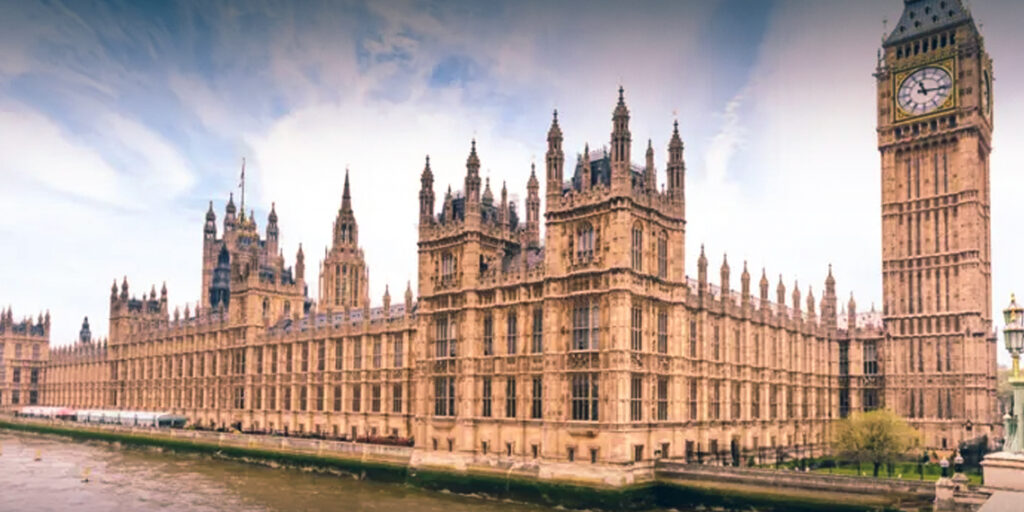Technology executives in Britain could soon face personal liability if illegal knives are advertised on their platforms, according to new government plans aimed at combating the rise in knife-related crimes, including those involving weapons sold online. The proposals, which are part of broader measures to reduce crime, would empower police to issue removal notices to digital platform executives, potentially requiring content to be taken down within two days. Non-compliance could result in substantial fines.
This push to hold social media leaders personally accountable for user-generated content marks a significant shift in internet regulation. For years, tech companies have benefited from legal protections shielding them from liability over user-shared content, including text, images, and videos. While the new measures are still in their early stages, they underscore the government’s commitment to tackling the increase in knife crimes.
Despite remaining below pre-pandemic levels, knife crime in England and Wales saw a 4% rise in the year leading up to March 2024. Robberies involving knives experienced a sharper 13% increase. According to a charity report, there were 225 homicides in England and Wales in the 12 months leading to June 2024.
Before taking office as prime minister, Keir Starmer met with several families affected by knife crime, including Pooja Kanda, whose 16-year-old son Ronan was killed in 2022 with a weapon purchased online. Expressing relief, Kanda commended the government for taking proactive measures to ban the ninja sword responsible for her son’s death.
Home Secretary Yvette Cooper highlighted the “devastating impact” of knife crime on families and communities across Britain. She reiterated her goal of halving knife crime within the next decade. As part of its first steps, the government plans to consult on these proposals before initiating the legislative process. Knife crime remains concentrated in major urban areas, with 30% of offenses recorded by London’s Metropolitan Police Service and 10% by the West Midlands Police, covering cities such as Birmingham and Coventry.
In September, Britain expanded its list of prohibited weapons to include machetes and “zombie knives,” which are typically longer than 8 inches and often feature serrated edges, spikes, or multiple sharp points.
This proposal aligns with a broader global movement to hold social media companies accountable. In France, Telegram founder Pavel Durov was arrested in August for alleged complicity in criminal activities conducted on his platform. Brazil witnessed a month-long block of the social platform X in late August after it refused to remove specific content. Last week, Australia’s Prime Minister Anthony Albanese proposed a ban on social media usage for individuals under 16.
The British government’s plan emerges amid a global debate over internet regulation and free speech. Policymakers in Europe have pushed companies like Meta, Google, TikTok, and X to increase platform policing. Meanwhile, in the United States, President-elect Donald Trump and allies, including X owner Elon Musk, have argued that such regulations disproportionately target conservative voices and threaten free expression.


